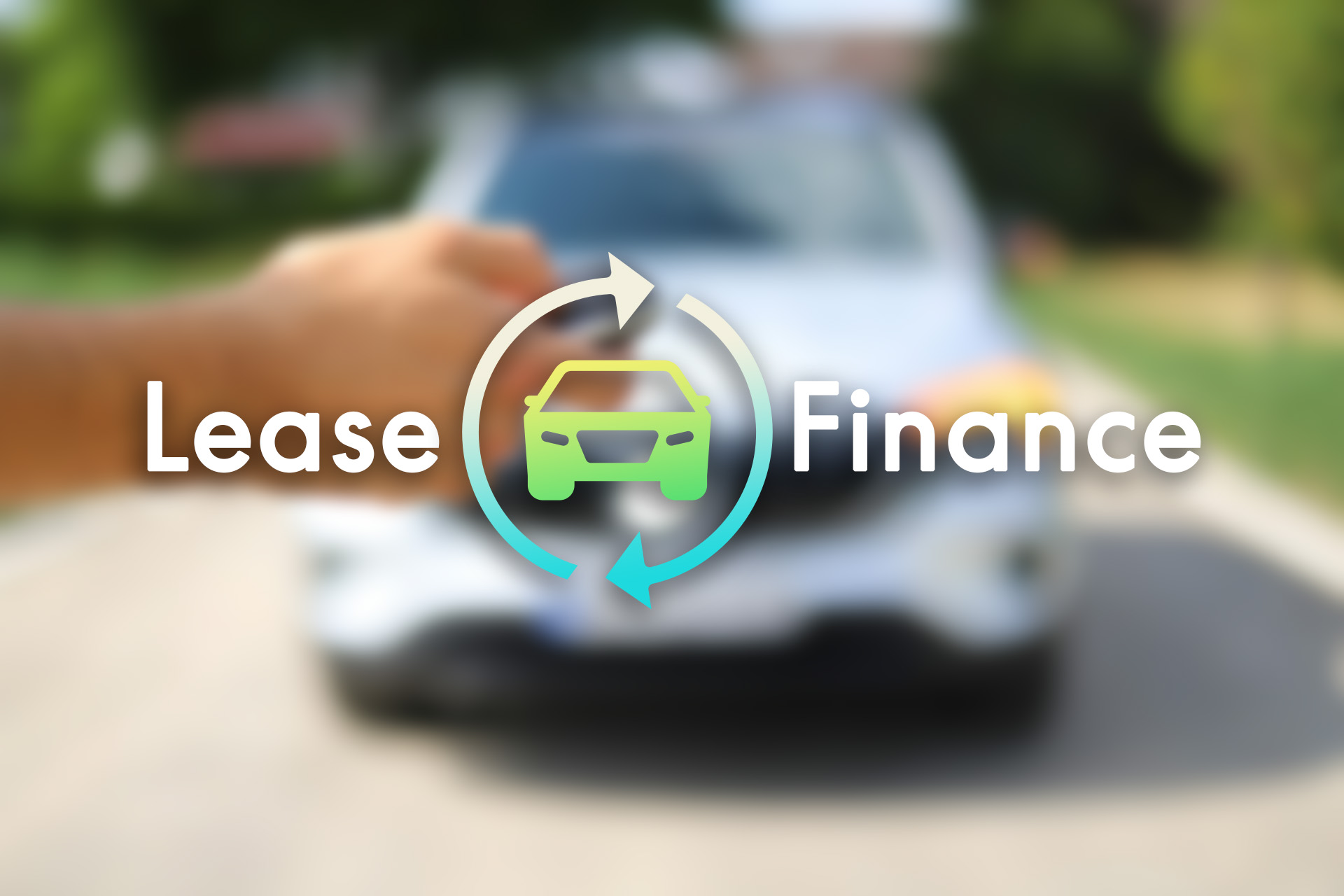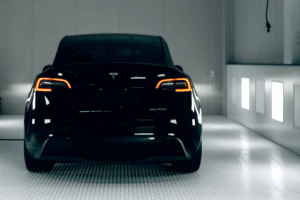When it’s time for a new car, one of the biggest decisions isn’t just the brand or model — it’s how you’ll pay for it. Should you lease a car or finance it with an auto loan?
Both options have their pros and cons. And the right choice depends on your income, lifestyle, and long-term goals.
This post breaks it all down — so you can drive away with confidence (and without regrets).
What’s the Difference Between Leasing and Financing?
- Leasing is like renting a car for 2–4 years. You make monthly payments to use it, then return it or buy it at the end of the term.
- Financing means taking out a loan to buy the car. You make payments until it’s fully paid off — then it’s yours to keep, trade, or sell.
Pros and Cons of Leasing
✅ Pros of Leasing:
- Lower monthly payments than financing
- New car every 2–3 years with the latest features
- Factory warranty coverage (repairs usually covered)
- Less sales tax in most states
- Great for low-mileage drivers or business owners (tax write-offs)
❌ Cons of Leasing:
- You don’t own the car
- Strict mileage limits (usually 10k–15k/year)
- Fees for wear-and-tear or going over miles
- Can’t customize the car
- Early termination fees are high
- No equity built — you return the car with nothing to show
Pros and Cons of Financing
✅ Pros of Financing:
- You own the car once paid off
- No mileage limits
- Can customize or modify the vehicle
- You can sell or trade in at any time
- Builds equity — a long-term asset
❌ Cons of Financing:
- Higher monthly payments than leasing
- Responsible for all repairs after warranty expires
- Loan interest increases total cost
- Value depreciates quickly — especially in the first 2 years
Lease vs. Finance: What’s Best Based on Your Salary?
Here’s a general breakdown based on annual salary and lifestyle:
| Salary Range | Recommendation | Why |
|---|---|---|
| Under $40,000/year | Lease a modest car | Lower payments free up your budget. Stick to fuel-efficient, basic models. |
| $40k–$65k/year | Finance a used car | Avoid new car depreciation. Buy something reliable with low miles. |
| $65k–$100k/year | Lease or finance new | Depends on lifestyle. Lease if you want new tech; finance if you want to build equity. |
| $100k+/year | Finance preferred | Higher-income buyers can benefit from ownership, tax deductions (if business-related), and resale value. |
Best Car Type by Payment Method
| Car Type | Better to Lease? | Better to Finance? |
|---|---|---|
| Luxury Cars (BMW, Audi) | ✅ Yes – high depreciation, great tech upgrades | ❌ No – depreciation hurts resale |
| Mid-size Sedans (Honda Accord, Toyota Camry) | ⚖️ Depends | ✅ Yes – reliable and holds value |
| Trucks/SUVs | ❌ No – can exceed lease mileage limits | ✅ Yes – holds value longer |
| Electric Cars (Tesla, Nissan Leaf) | ✅ Yes – tech evolves fast | ⚖️ Depends – resale can drop fast |
| Budget Cars (Hyundai, Kia) | ❌ No – already affordable to finance | ✅ Yes – better long-term value |
Quick Tip: Use the 20/4/10 Rule for Financing
If you’re buying (not leasing), try to follow:
- 20% down payment
- Loan no longer than 4 years
- Monthly payment under 10% of your take-home pay
This keeps your car affordable and reduces your risk of being upside down on your loan.
Bottom Line
- Lease if: You want a lower monthly payment, drive under 12k miles a year, and like having a new car every few years
- Finance if: You plan to keep your car long-term, want to build ownership, or drive a lot
Always look at your full budget and lifestyle. And remember — a car is transportation, not an investment. Choose what’s reliable, realistic, and right for where you are now.




